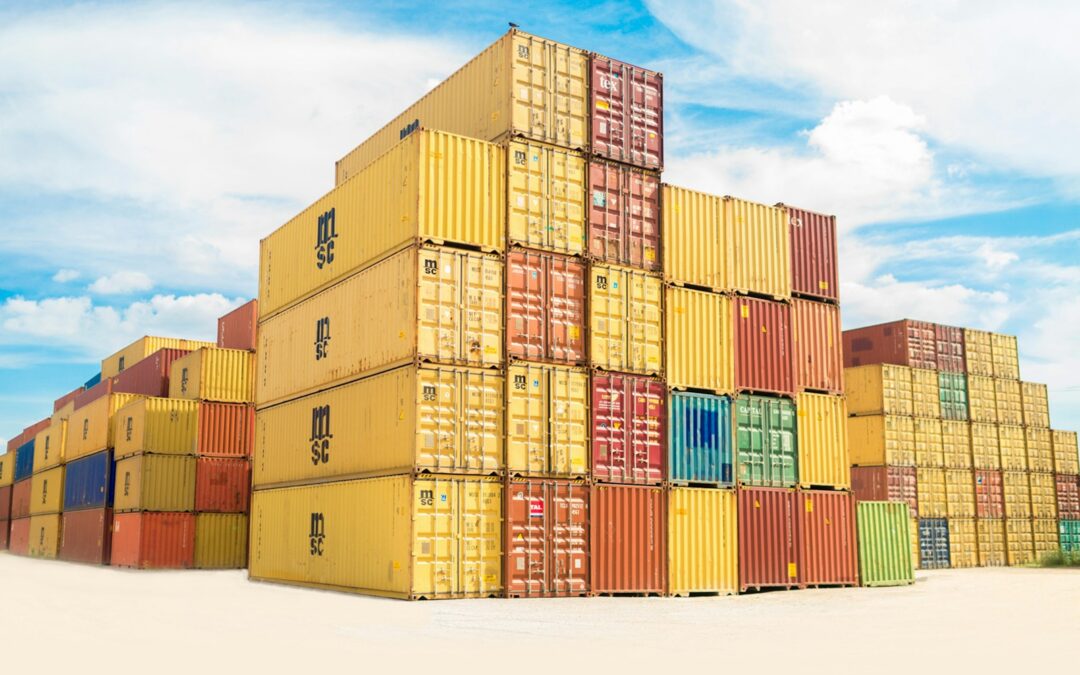Technology-Driven Efficiency in Swiss Logistics: A Business Necessity
Swiss Companies Using Technology in Logistics to Boost Efficiency
Swiss companies using technology in logistics are setting new standards for operational efficiency and overall business performance. The integration of advanced digital solutions, such as AI-powered data analytics and blockchain technology, has allowed many logistics firms to streamline their supply chains, minimize waste, and optimize delivery processes. For example, companies are implementing real-time tracking systems that provide precise information on the location and condition of goods. This not only reduces delays but also allows businesses to respond proactively to potential issues before they escalate, contributing to enhanced customer satisfaction.
Moreover, many Swiss firms are adopting automation in warehousing and distribution centers. By using AI-driven robots and automated sorting systems, these companies can significantly cut down on labor costs and reduce the risk of human error. This ensures that inventory management is more accurate and orders are processed faster, giving Swiss companies a competitive edge in the global market. As businesses continue to evolve in the digital age, it is clear that embracing technology in logistics is not just an option, but a requirement for success in Switzerland’s fast-paced business environment.
The impact of these innovations on business efficiency cannot be overstated. With streamlined processes, companies can now handle higher volumes of goods with fewer resources, resulting in reduced operational costs. This increased efficiency directly translates to higher profitability, allowing Swiss firms to invest more in growth and innovation, thus maintaining their position as leaders in the logistics industry.
Leveraging AI and Blockchain to Transform Logistics Operations
Swiss companies are increasingly leveraging AI and blockchain technologies to revolutionize logistics operations. AI is being used to predict demand patterns, optimize delivery routes, and even anticipate potential disruptions in the supply chain. By utilizing machine learning algorithms, companies can forecast demand with remarkable accuracy, allowing them to prepare for peak periods and ensure that they have enough resources to meet customer expectations. AI also plays a critical role in route optimization, helping logistics providers identify the most efficient paths for delivery, thereby reducing fuel consumption and lowering carbon footprints.
Blockchain technology is another key player in enhancing transparency and security within logistics operations. Swiss companies are utilizing blockchain to create tamper-proof records of transactions, ensuring that all parties involved in the supply chain have access to accurate and immutable data. This is particularly useful in industries that require stringent regulatory compliance, such as pharmaceuticals and food distribution, where traceability is essential for ensuring the safety and integrity of products. The use of blockchain not only builds trust among partners but also enhances operational efficiency by reducing the need for manual checks and audits.
By integrating these cutting-edge technologies, Swiss companies are not only improving their logistics operations but also setting new standards for the industry as a whole. The adoption of AI and blockchain ensures that operations are more resilient, secure, and capable of adapting to the changing demands of the market.
Impact of Technology on Overall Business Efficiency
The use of technology in logistics has had a profound impact on the overall business efficiency of Swiss companies. As digital transformation takes hold, businesses are finding that technology not only enhances logistics operations but also drives improvements across the entire organization. The ability to track shipments in real-time, automate processes, and optimize routes has led to significant reductions in operational costs. Furthermore, by improving accuracy and reducing delays, companies are able to increase customer satisfaction, which in turn leads to greater brand loyalty and repeat business.
In addition to enhancing logistics, technology adoption has had a ripple effect on other areas of the business. For instance, data collected from logistics operations can be analyzed to inform strategic decisions, such as where to open new distribution centers or how to allocate resources more efficiently. By using technology to gather and analyze data, companies are able to make more informed decisions, ultimately driving better business outcomes.
Moreover, the environmental benefits of using technology in logistics are becoming increasingly important for Swiss companies. With a growing focus on sustainability, businesses are looking for ways to reduce their carbon footprints. By optimizing delivery routes and reducing fuel consumption, companies are not only cutting costs but also contributing to environmental conservation efforts, which is becoming a key differentiator in the competitive Swiss market.
The Future of Logistics Technology in Swiss Companies
As Swiss companies continue to innovate, the future of logistics looks promising. Emerging technologies such as the Internet of Things (IoT) and autonomous vehicles are set to further transform the logistics landscape. IoT devices can provide real-time data on everything from the temperature of goods to traffic conditions, allowing companies to make real-time adjustments to their logistics strategies. Meanwhile, autonomous vehicles could revolutionize last-mile delivery, making it faster and more cost-effective.
Swiss companies are already exploring these technologies and investing in research and development to stay ahead of the curve. As these innovations become more mainstream, the potential for even greater efficiency in logistics is enormous. The ability to collect and analyze data in real-time, combined with automated delivery systems, will allow companies to deliver goods faster and at a lower cost, further enhancing their competitive edge.
In conclusion, Swiss companies using technology in logistics are not only improving their own operational efficiency but are also setting new standards for the industry as a whole. With the continued adoption of AI, blockchain, and other emerging technologies, the future of logistics in Switzerland looks bright, and businesses that embrace these innovations will be well-positioned for success.
—
#SwissLogistics #TechnologyInBusiness #LogisticsInnovation #BusinessEfficiency #AIandBlockchain #DigitalTransformation #SwissCompanies













